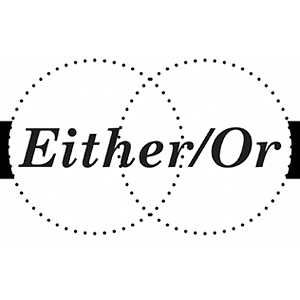1.1 Expresar acuerdos y desacuerdos
| Express agreement or disagreement is a basic discursive function we need to master to interact effectively at work, at school, with friends, etc.. We will focus on some of the regular expressions for this function in oral discourse. We may use "either" and "neither" as pronouns, determiners or adverbs. Below is an explanation of the differences between these two words.
"Either" implies a choice between two options. Note that the preposition "or" is used between these two options. Examples: We can go to either the beach or the swimming pool. (Podemos ir a la playa o la piscina.) Either we wait for the rain to stop or we must change our plans. (Esperamos que pare de llover o debemos cambiar nuestros planes.) "Neither" indicates the agreement between two negative ideas. With "neither", the two ideas are separated by the preposition "nor". Examples: Neither Henry nor Chris want to go to the beach. (Ni Henry ni Chris quieren ir a la playa.)
Neither the school nor the parents want to take responsibility for the problem. (Ni la escuela ni los padres quieren asumir la responsibilidad del problema.)
To learn more about so/neither/either
|

